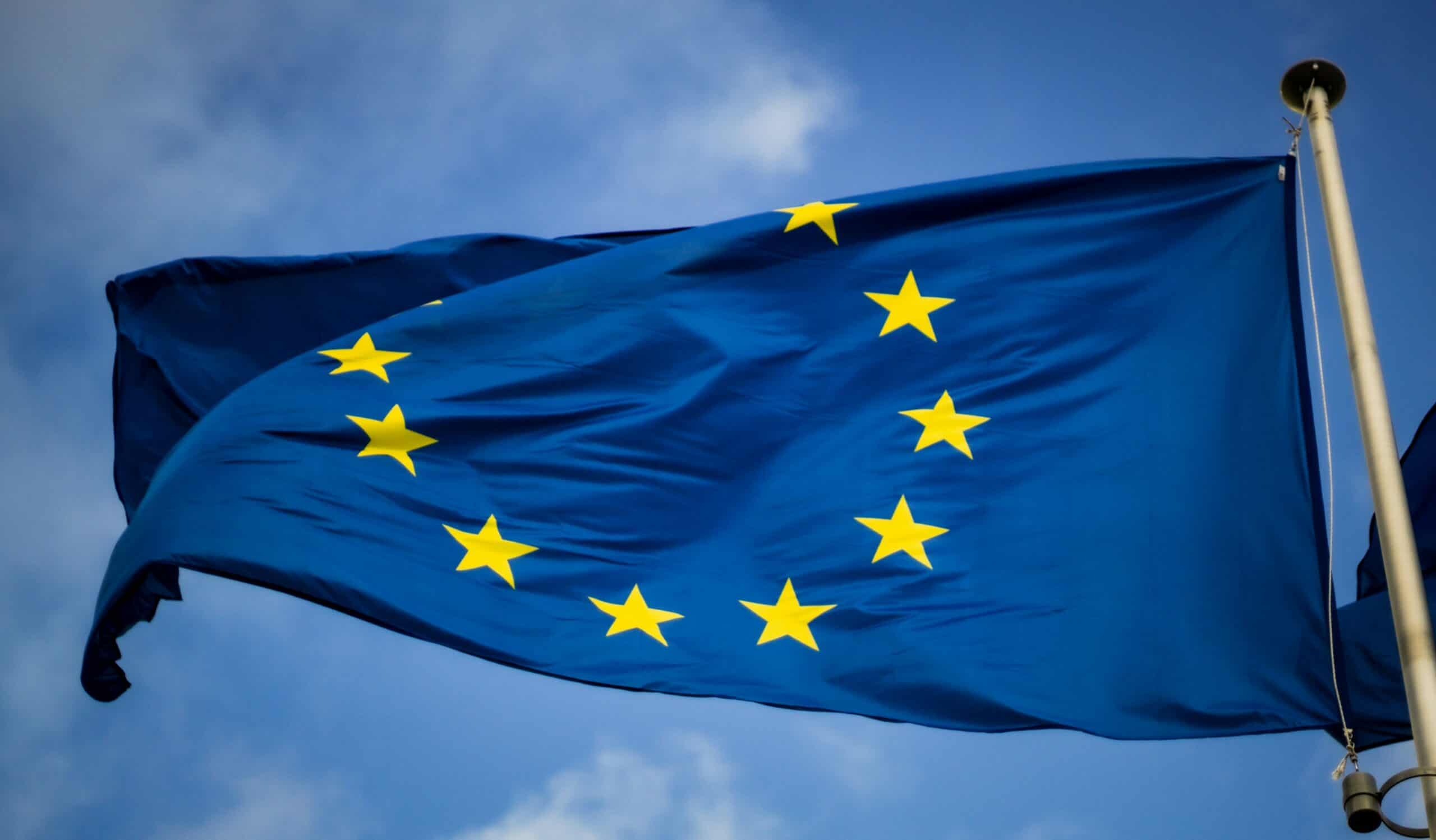
Photo by Christian Lue on Unsplash
Europe’s New Competition Law Shifts the Landscape for Apple, Google, and Other Tech Giants
March 7, 2024
As of today, a new competition law has come into force, affecting European users of major tech platforms like Apple and Google, among others. CNN reports that these changes will impact the experience citizens of the European Union have with phones, browsers, apps, and more.
The new EU regulations impose big changes on major tech products, such as Apple’s app store, Google search, and messaging platforms such as Meta’s WhatsApp. They mark a pivotal moment in the global regulatory campaign aimed at restricting tech giants, following years of accusations that these companies have impaired competition and left consumers in a worse position.
The required changes in the industry are connected to the Digital Markets Act (DMA), “a 2022 law requiring dominant online platforms to give users more choices and rivals more opportunities to compete. Its broad obligations affect six of the world’s largest tech companies: Amazon, Apple, Google, Meta, Microsoft and ByteDance, the parent company of TikTok,” according to CNN.
These vast restrictions are exclusive to the EU and may cause tech users in the U.S. and other markets to envy the features that Big Tech is introducing in response to the European directive.
In a significant shift to abide by the law, Apple revealed its aim to allow EU users to download iPhone apps from third-party app stores, marking the first time it has relaxed its control over iOS since the start of the App Store 15 years ago.
Meanwhile, Google has announced that it will tweak search results to boost traffic to independent comparison-shopping or travel-booking sites instead of its own tools like Google Flights. To add to this, Android users will now have the option to select their preferred browser and search engine from a menu of choices during device setup, instead of being directed by default to Google’s Chrome browser and search engine. This change could be a positive move for rival browsers like Opera or Mozilla’s Firefox as well as competing search engines such as Mircosoft’s Bing or DuckDuckGo.
Another shift enforced by these regulations enables users of messaging apps like Signal or Viber to potentially gain the ability to directly send chat messages to individuals using Meta’s Messenger and WhatsApp platforms, as part of a new openness requirement imposed on the social media giant.
Additionally, streaming services such as Netflix and Spotify may showcase discounts within their apps to those who purchase subscriptions through the websites linked to their services instead of through the app stores’ proprietary in-app payment systems, which were previously mandated for app developers.
Recent News
NHTSA Investigates Tesla Autopilot Again After Recent Software Update
Tesla Autopilot is once again the subject of an NHTSA investigation.
Home Depot Holds Halfway to Halloween Sale: Skelly’s Back
It’s halfway to spooky season, and Home Depot is celebrating.
Kaiser Discloses Health Insurance Data Breach
Health insurance company Kaiser is notifying millions of its current and former members about a data breach. The breach occurred when Kaiser shared patients’ information with third-party advertisers like Google, Microsoft, and X (formerly Twitter).
Satirical Site The Onion Acquired by Global Tetrahedron
The satirical news website, The Onion, has been sold by G/O Media to a group of digital media veterans.

